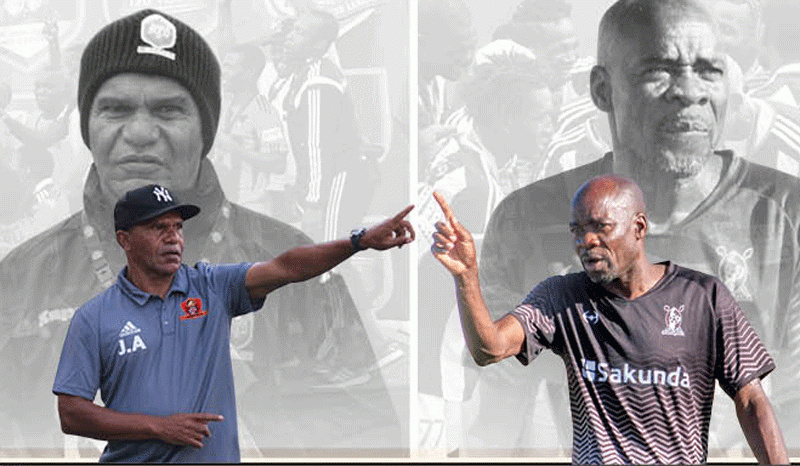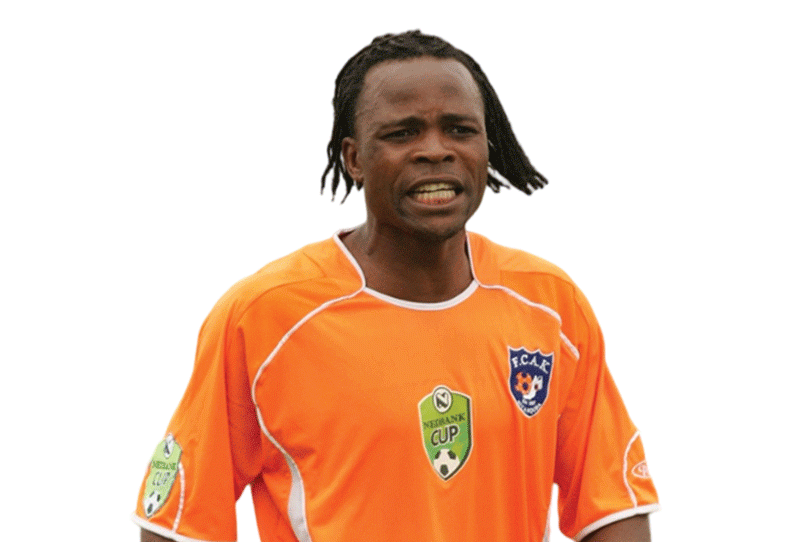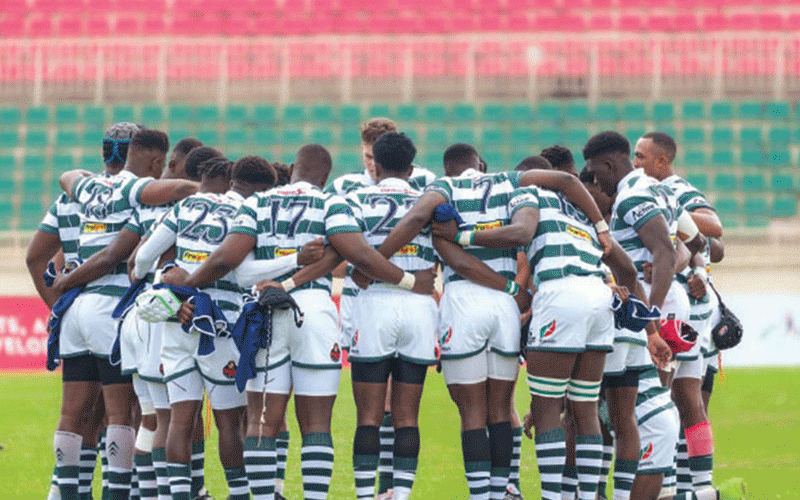
Will any African country outside host nation South Africa, Zimbabwe in particular, salvage any 2010 Fifa World Cup “spin-offs”? Our Senior Sports Reporter ENOCK MUCHINJO (EM) asked Zimbabwe’s Tourism minister Walter Mzembi (WM), who also chairs the ministerial task force committee for the World Cup. EM: Realistically, what was government hoping to achieve from a World Cup that’s being hosted by another country? WM: First and foremost the benefits of a World Cup tournament accrue to the host nation. Zimbabwe is not host to the 2010 World Cup. South Africa is the host nation and has benefited immensely in terms of brand imaging, refurbishment of existing airports, roads and hospitality infrastructure. South Africa will never be the same again after the World Cup. Zimbabwe has been attempting to leverage its proximity to South Africa in order to reap socio-economic benefits as in tourism revenue, tourism repositioning, urban regeneration, national branding etc. Zimbabwe is not one of the 32 qualifiers, so it cannot benefit at the same scale like the qualifiers. So if the expectations were on benefiting out of the 2010 World Cup, we should have accomplished two things: firstly qualify as one of the 32 teams and secondly we should have been part of South Africa’s 2004 bid and insisted on co-hosting the event. Examples are Japan and Korea in the 2002 World Cup, the Caribbean region at cricket, rugby World Cup in France and the United Kingdom, and back home, the cricket World Cup when South Africa, Zimbabwe and Kenya shared games in 2003. EM: People speak of spin-offs from the World Cup, what do you regard as “spin-offs”? What are the deliverables?WM: Spin-offs are the following examples: China hosted the 2008 Olympic games which resulted in increased domestic tourism market by 13%, increased inbound tourism by 5%, increased outbound tourism by 7% and created 55 000 jobs. The Sydney Olympic Games benefited Australia in $6 billion infrastructural investment, 15% increase in international tourism arrivals and upgrading of Australia international airports. These are direct spin-offs to host countries. Zimbabwe, leveraging with its proximity to South Africa can expect up to a 100 000 tourism arrivals and a revenue generation of $200 million if all the enablers are in place. It can also result in a working Beitbridge borderpost, enabling visa regime, use of plastic money, uninterrupted supplies of water and electricity, open-skies, correct political signals, etc. EM: What have you achieved and where have you failed?WM: In the context of socio-economic benefits we cannot audit benefits of an event that has not taken place.EM: Why were you not able to attract more teams to camp in Zimbabwe ahead of the World Cup?WM: The African Legacy programme established within the Local Organising Committee (LOC) of South Africa (November 2006), set a legacy agenda that sought to achieve the following:l Legacy benefits were not to be confined to the host country.l That the host country itself would make an undertaking to make a continental-wide legacy as one of its core focus areas of preparations for the event.l Ensuring maximum and effective African participation at the 2010 Fifa World Cup.l Supporting efforts aimed at strengthening and promoting the development and advancement of African football.l Contribute to improving Africa’s global image, thus combating Afro-pessimism.This question is best answered by the host country itself, and will certainly be a subject of performance audit by the African Union itself which supported South Africa’s bid on the back of the realisation of the African Renaissance objectives including some of the programmes like Nepad. Is this vision still on course? I wonder.EM: Are any teams coming to Zimbabwe?WM: Yes, one or two for flash visits.EM: Can you value, in terms of figures, what as a nation Zimbabwe will generate from the World Cup?WM: $200 million, both intangible and tangible.EM: Do you see the image of the country improving after the World Cup?WM: The country’s image is already on the high. Why do you think we are being honoured with leadership roles in world and regional tourism? Zimbabwe is an executive member of the United Nations World Tourism Organisation (UNWTO) for the next four years. It has recently been bestowed the chairmanship of the Regional Tourism Organisation of Southern Africa (Retosa). These are high profile accolades that have been secured within one year and cannot accrue to a despised tourism destination. This minister is in the cockpit of world tourism.EM: In your World Cup campaign, what has been lost and what has been gained?WM: Zimbabwe is third only from Qatar and Lebanon as the fastest growing tourism economies in 2010. Second only to China, we will be the fastest growing tourism economy by GDP contribution for the next decade, growing at an annualised rate of 8,2%. These are World Travel and Tourism Council statistics recently released at the just ended International Travel Bureau in Berlin in March 2010. EM: What was the general attitude of officials you came across in your World Cup campaign?WM: In terms of governments, I have met the Brazilian president, Hillary Clinton (US secretary-of-state), Gordon Brown (former UK prime minister), Angela Merkel (German chancellor), Baroso at the EU, then Prime Ministers of Sweden, Norway and Netherlands as well as tourism ministers of 150 countries and the message has been consistent; Zimbabwe is back to claim its space!Zimbabwe is God’s chosen land, the house of stone. “Upon this rock I shall build my church”: the stone represents eternity.











